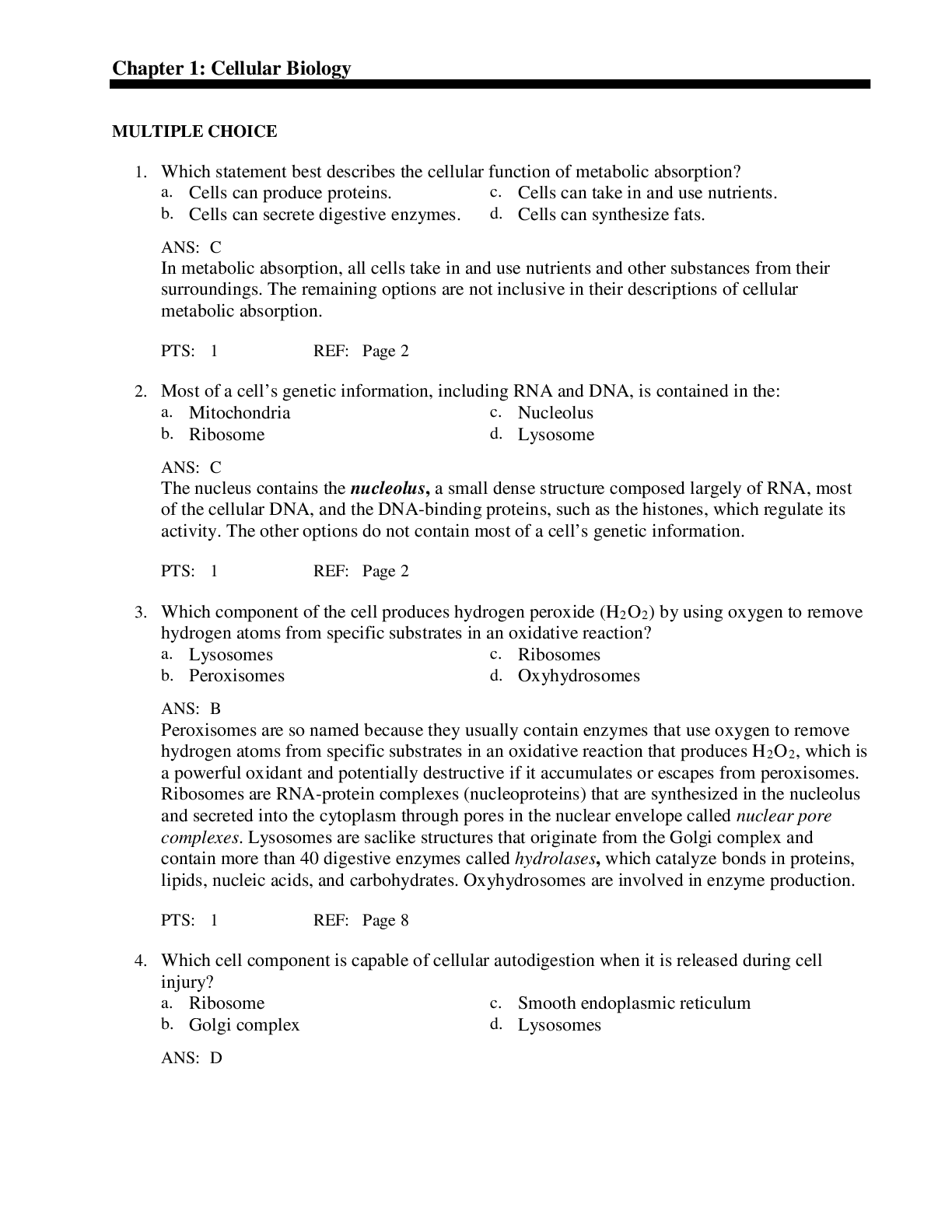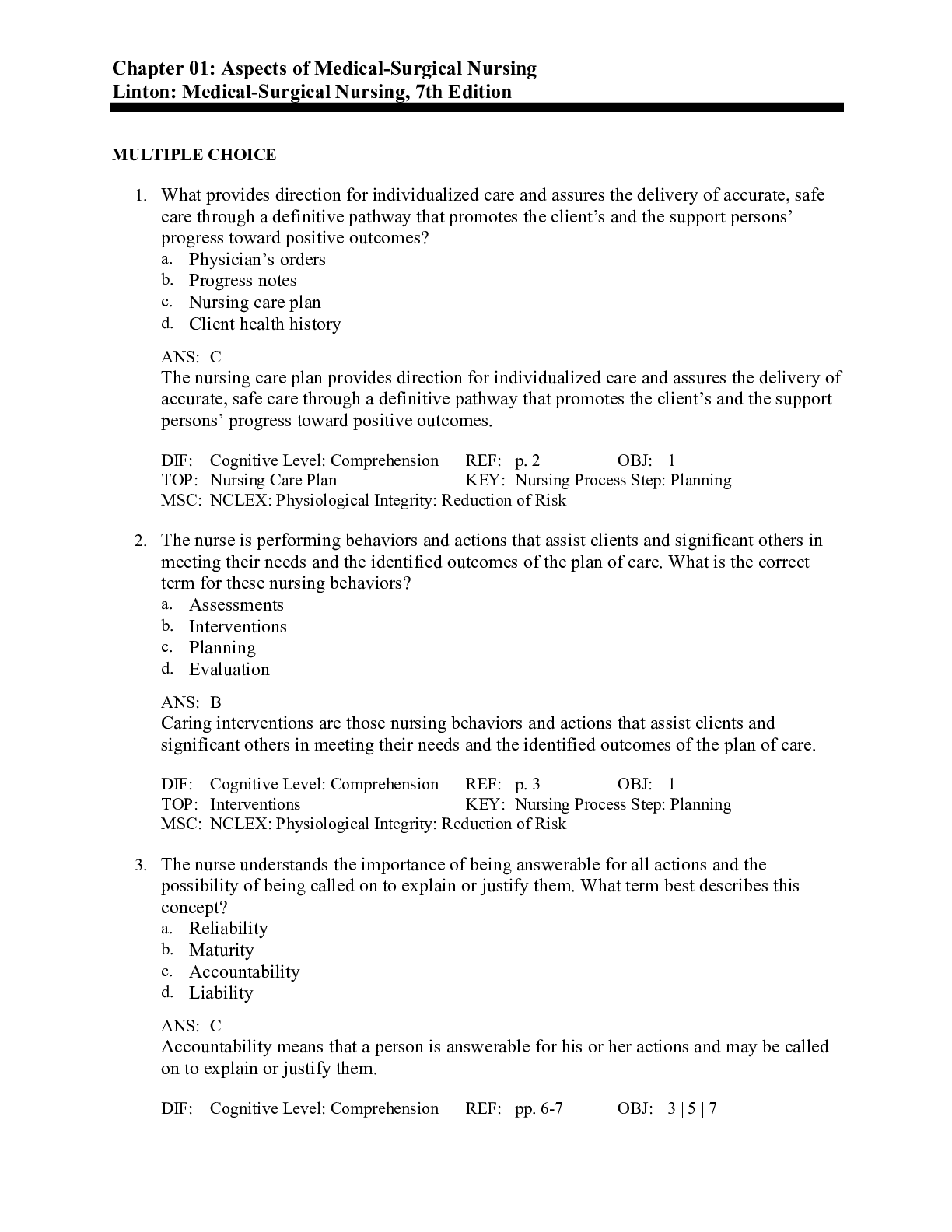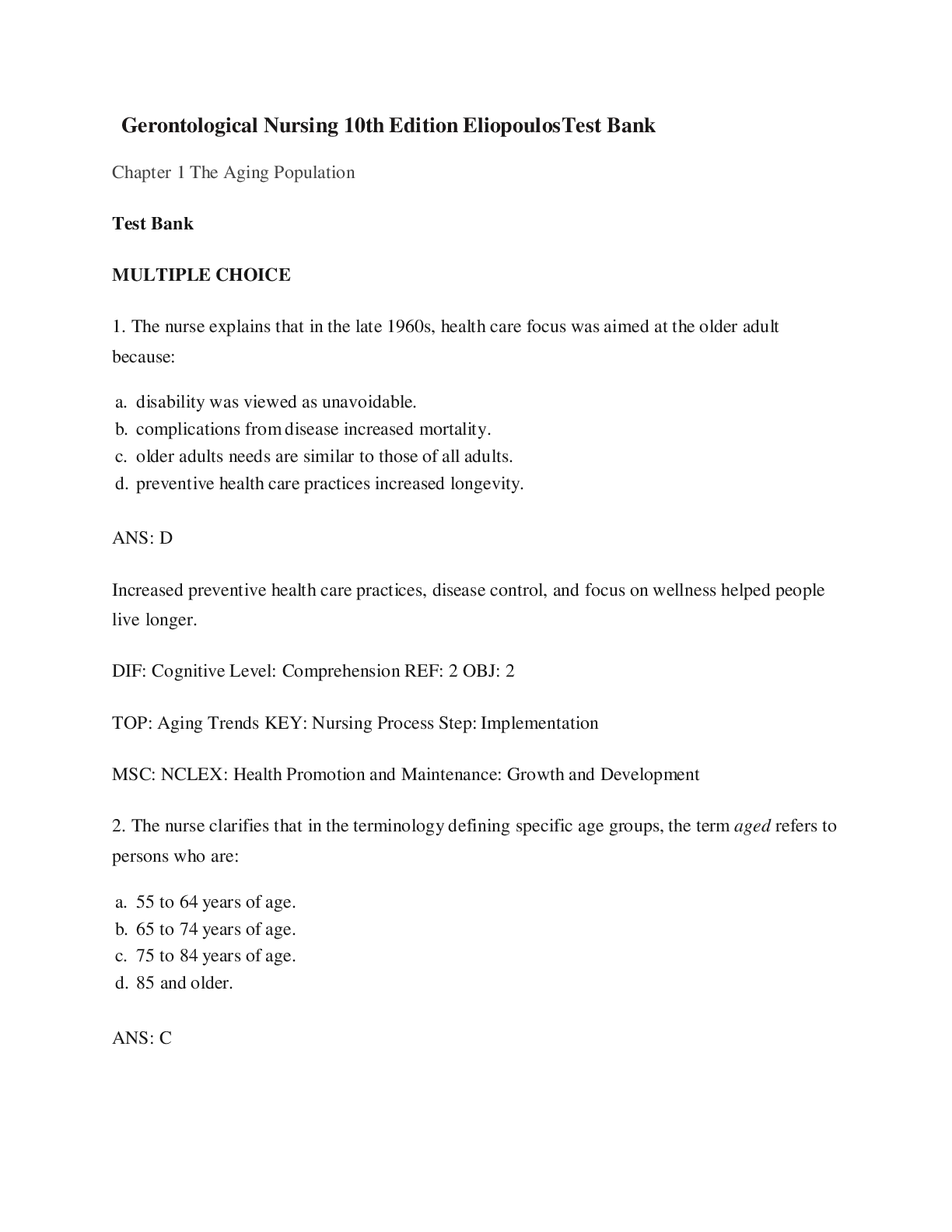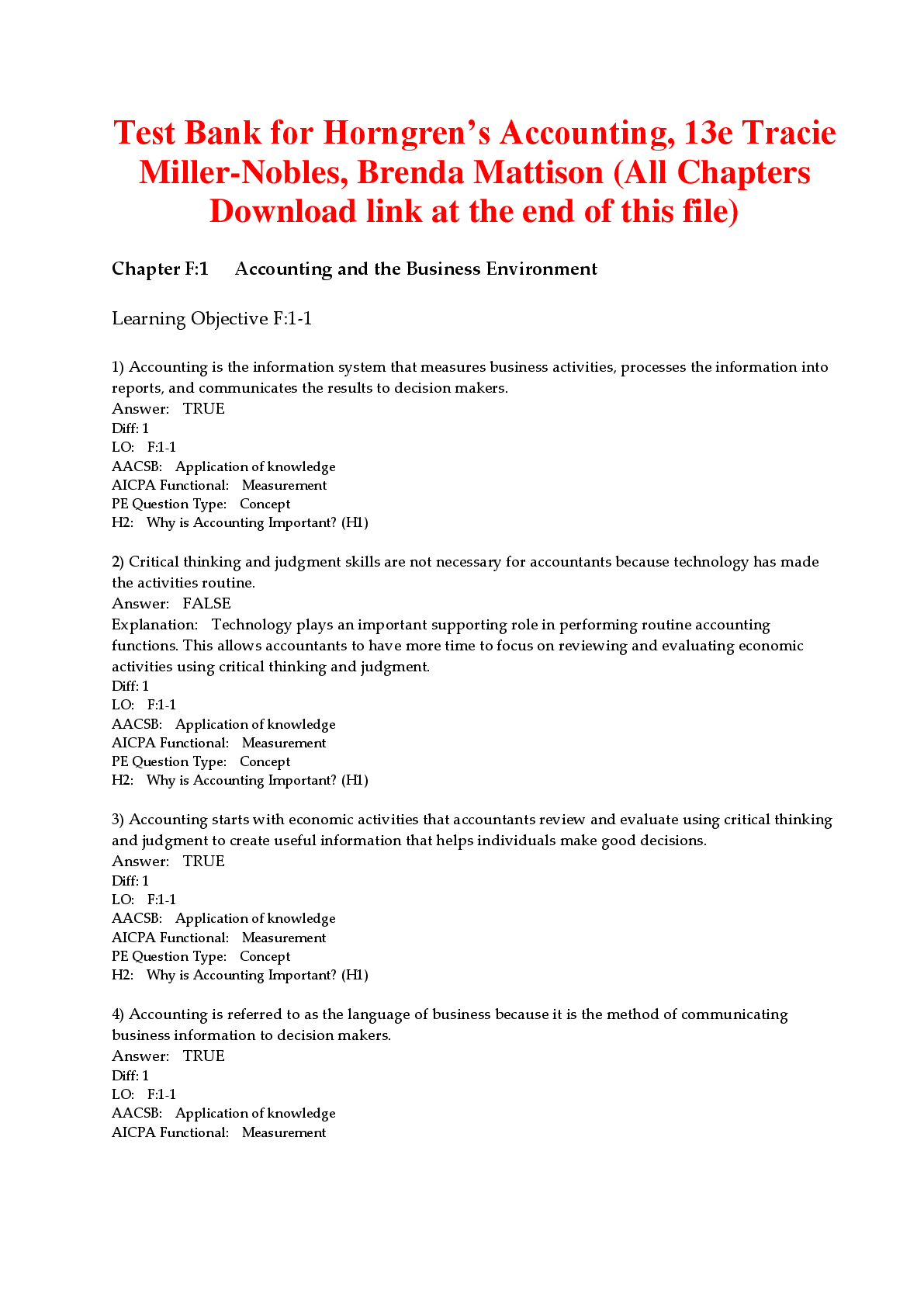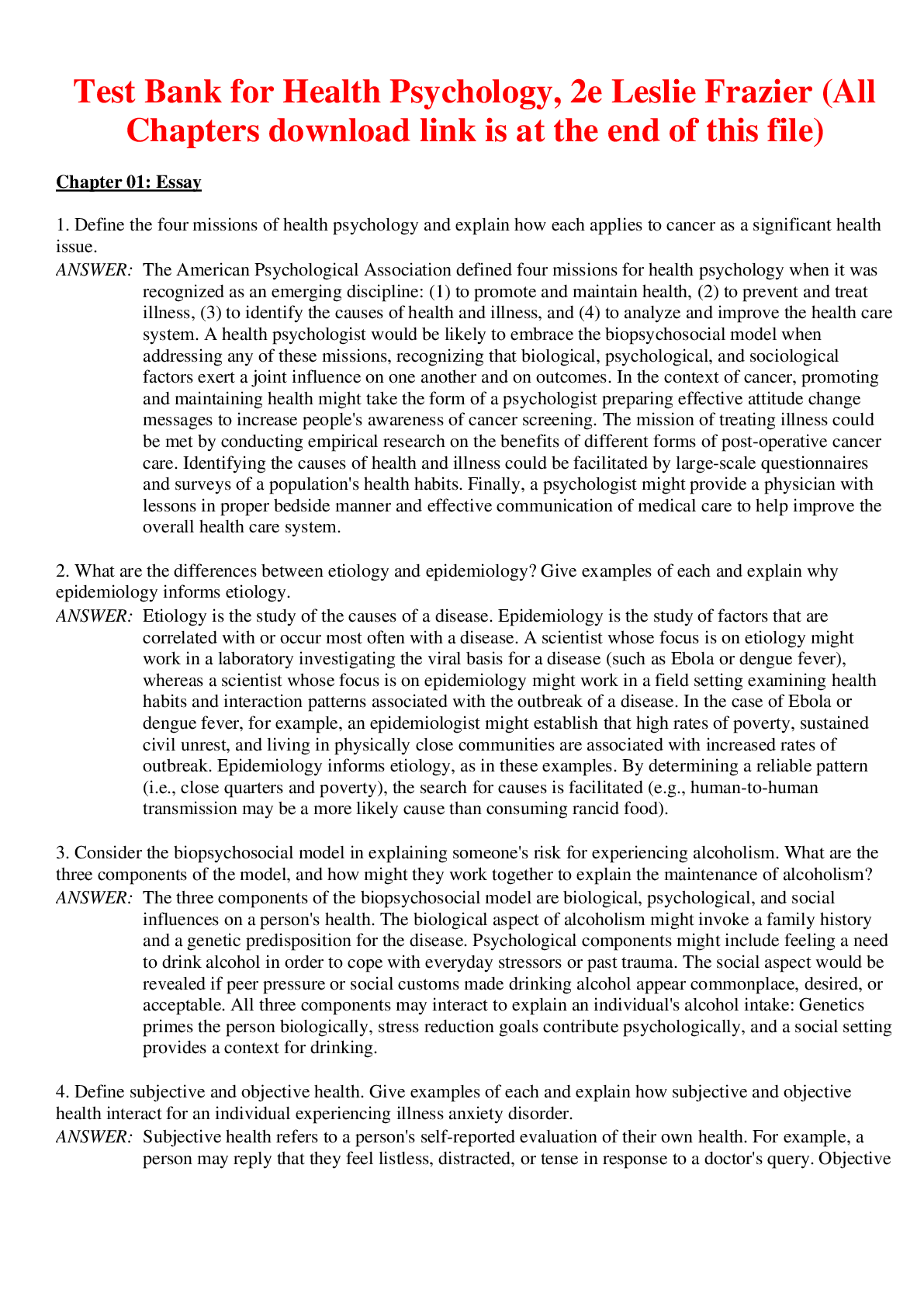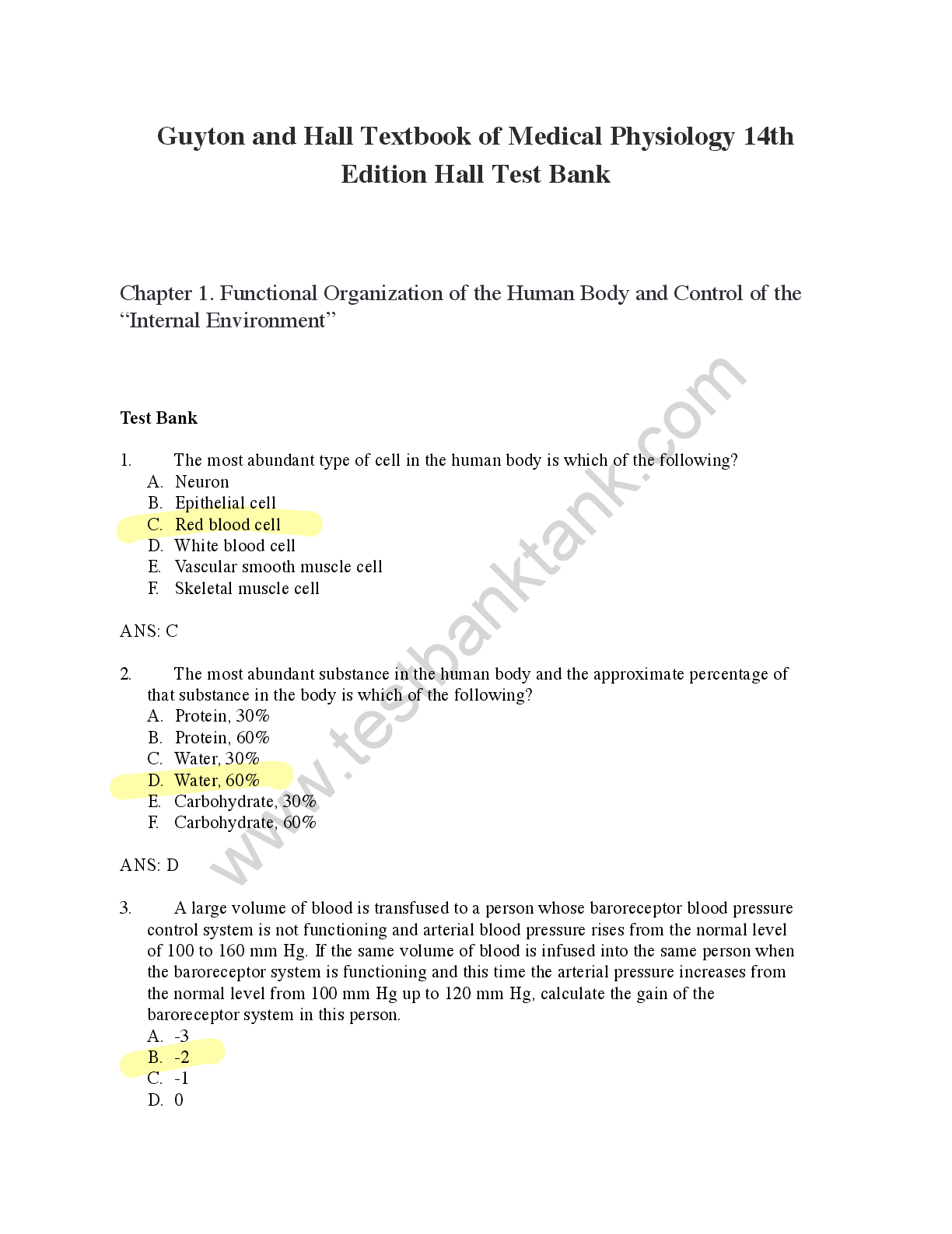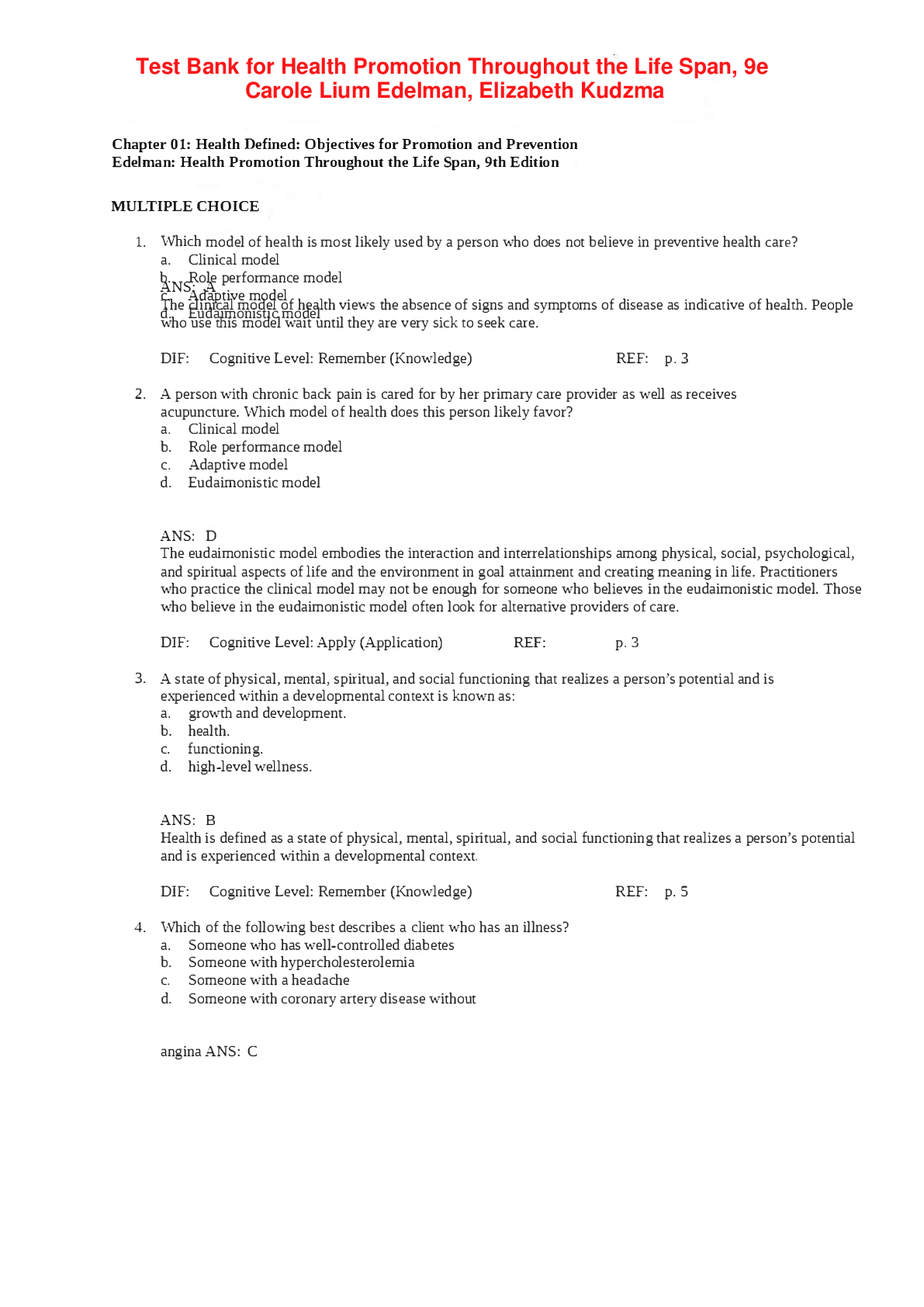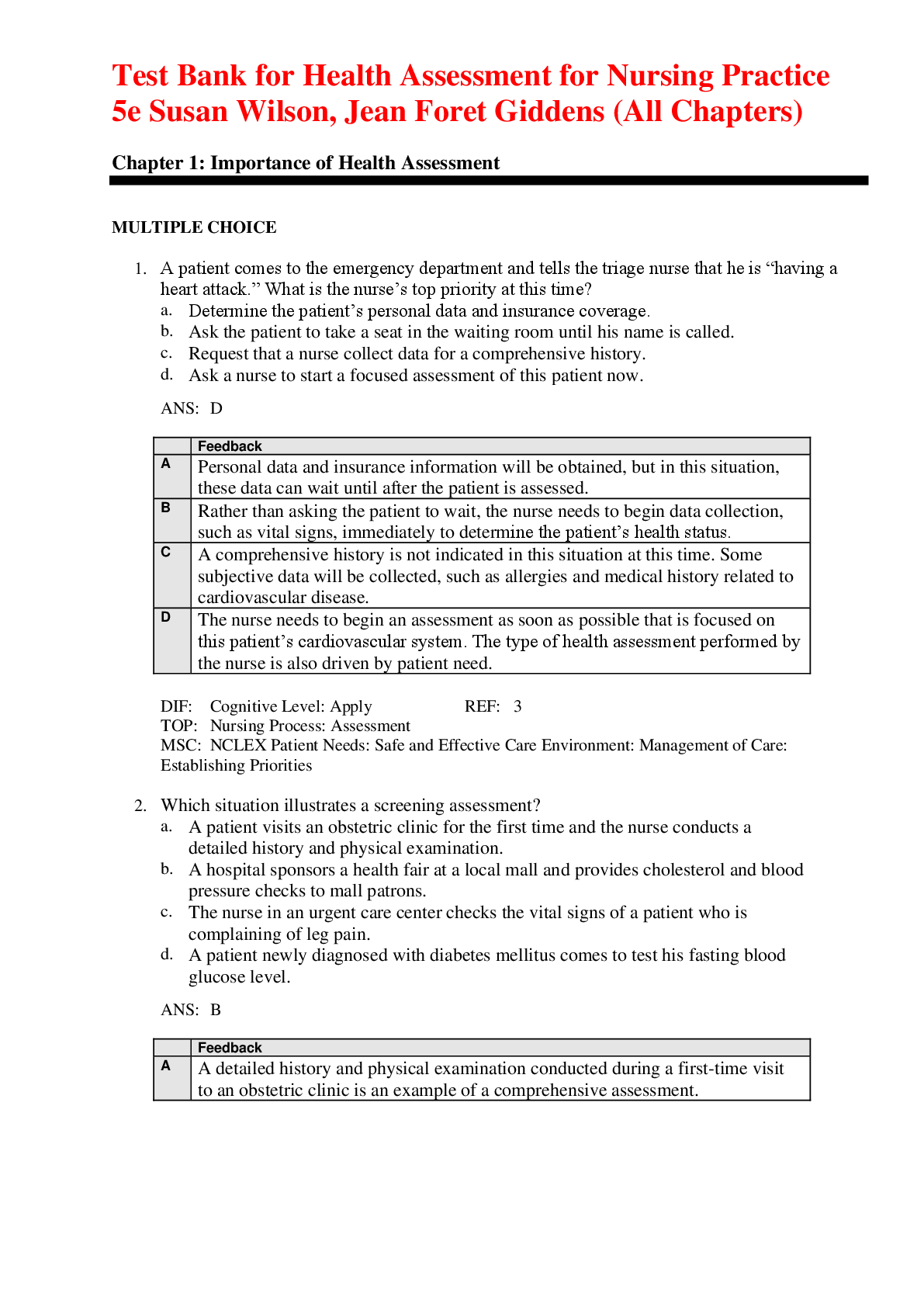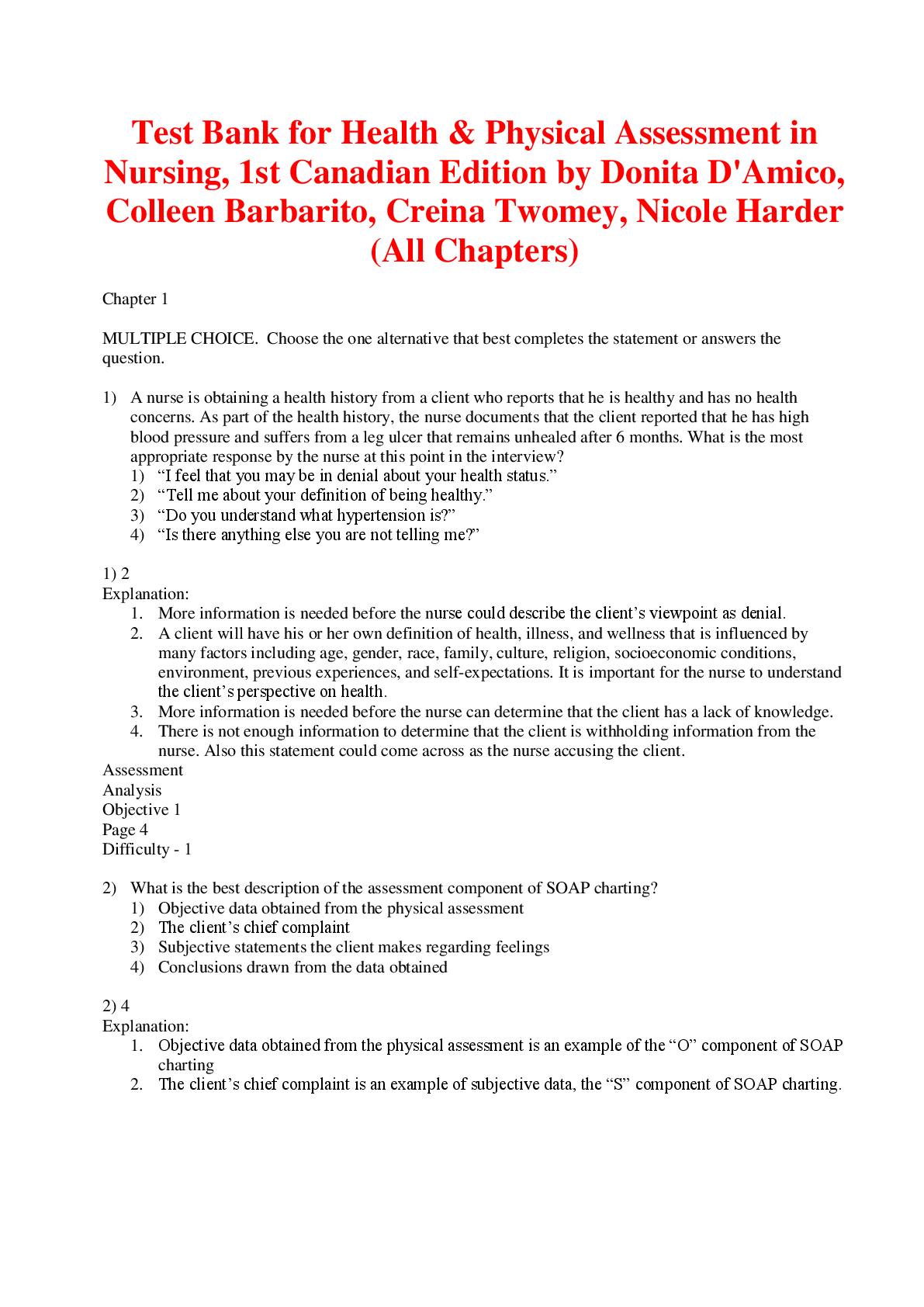 - Keiser.png)
Evolving Case Study - Sepsis (1)_2020 | VN 39 Evolving Case Study - Sepsis (1)
$ 11

ECS1601 - Economics IB (ECS1601)
$ 6
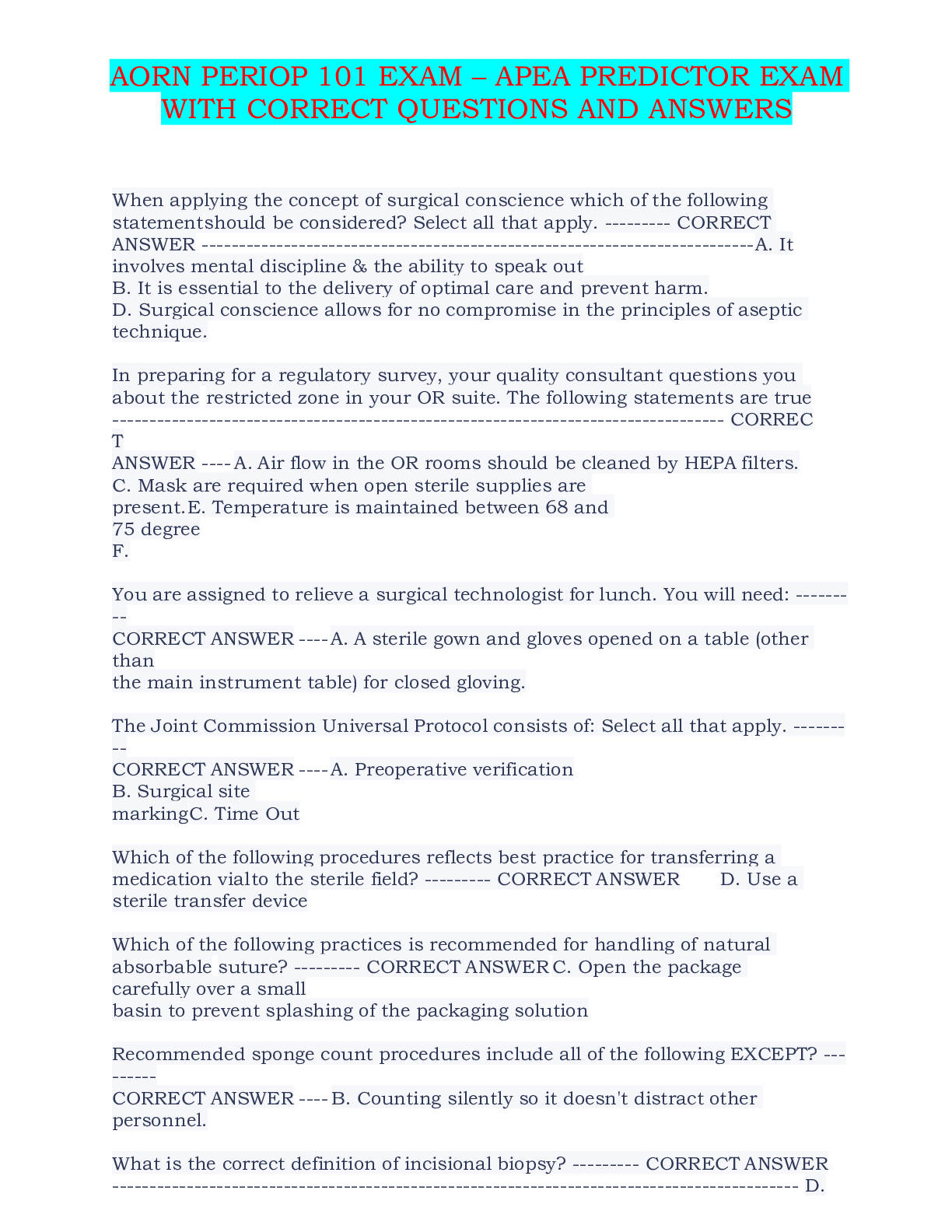
AORN PERIOP 101 EXAM – APEA PREDICTOR EXAM WITH CORRECT QUESTIONS AND ANSWERS
$ 15
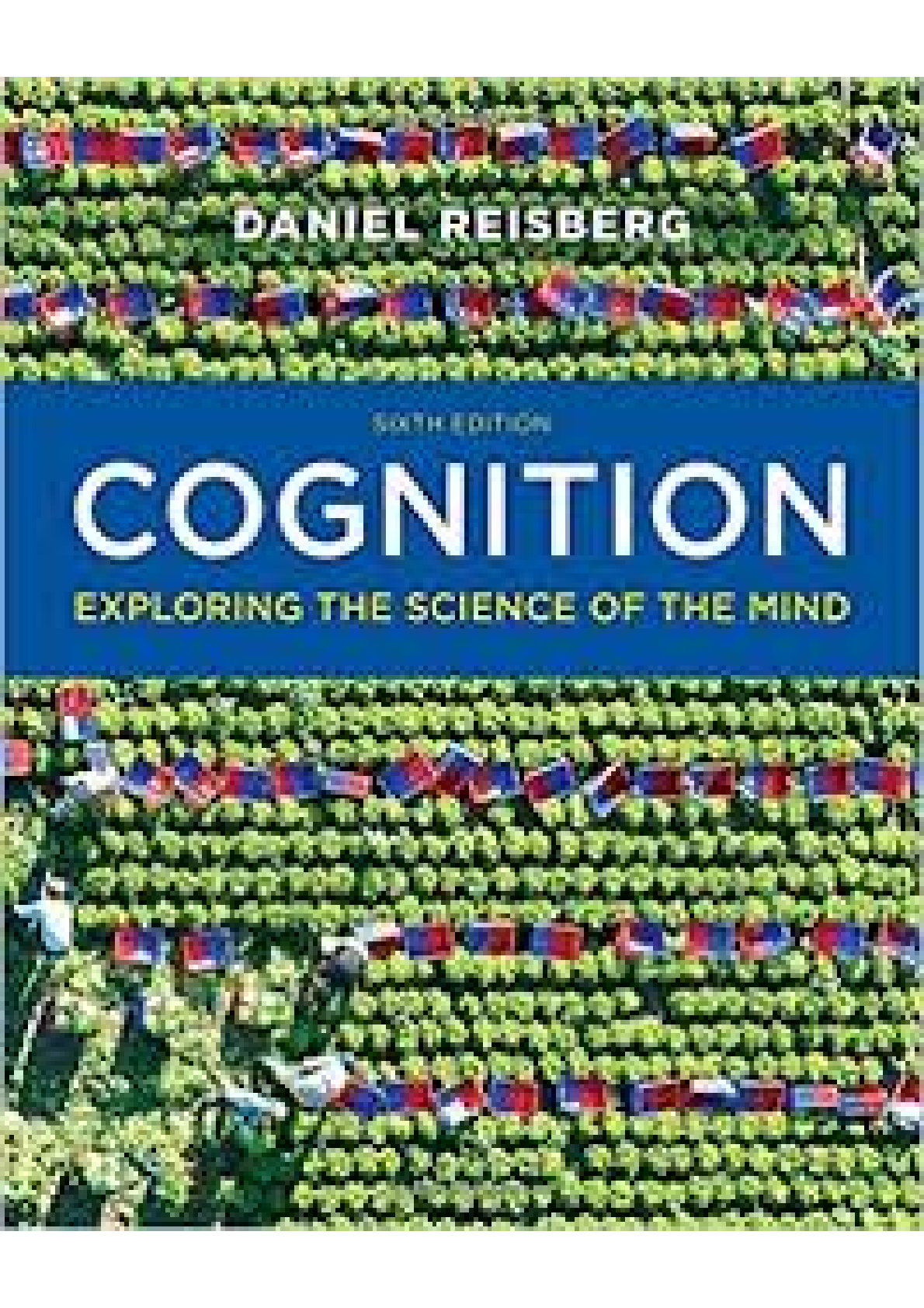
Test Bank for Cognition Exploring The Science of the Mind 6th Edition by Daniel Reisberg, All 14 Chapters Covered.
$ 17.5

Jean Piaget - Stage Theory of Development
$ 7

6650 final exam Grade A.Questions with Answers
$ 10

LSM 301 Intro to Logistics & SCM - Athens State University. Case 8.1: Low Nail Company 1. Using the EOQ methods outlined in the text, how many kegs of nails should Low order at one time?
$ 6.5

NURS 624 Med Challenger HEENT FINAL EXAM 2022/2023 (QUESTIONS WITH ANSWERS)
$ 12
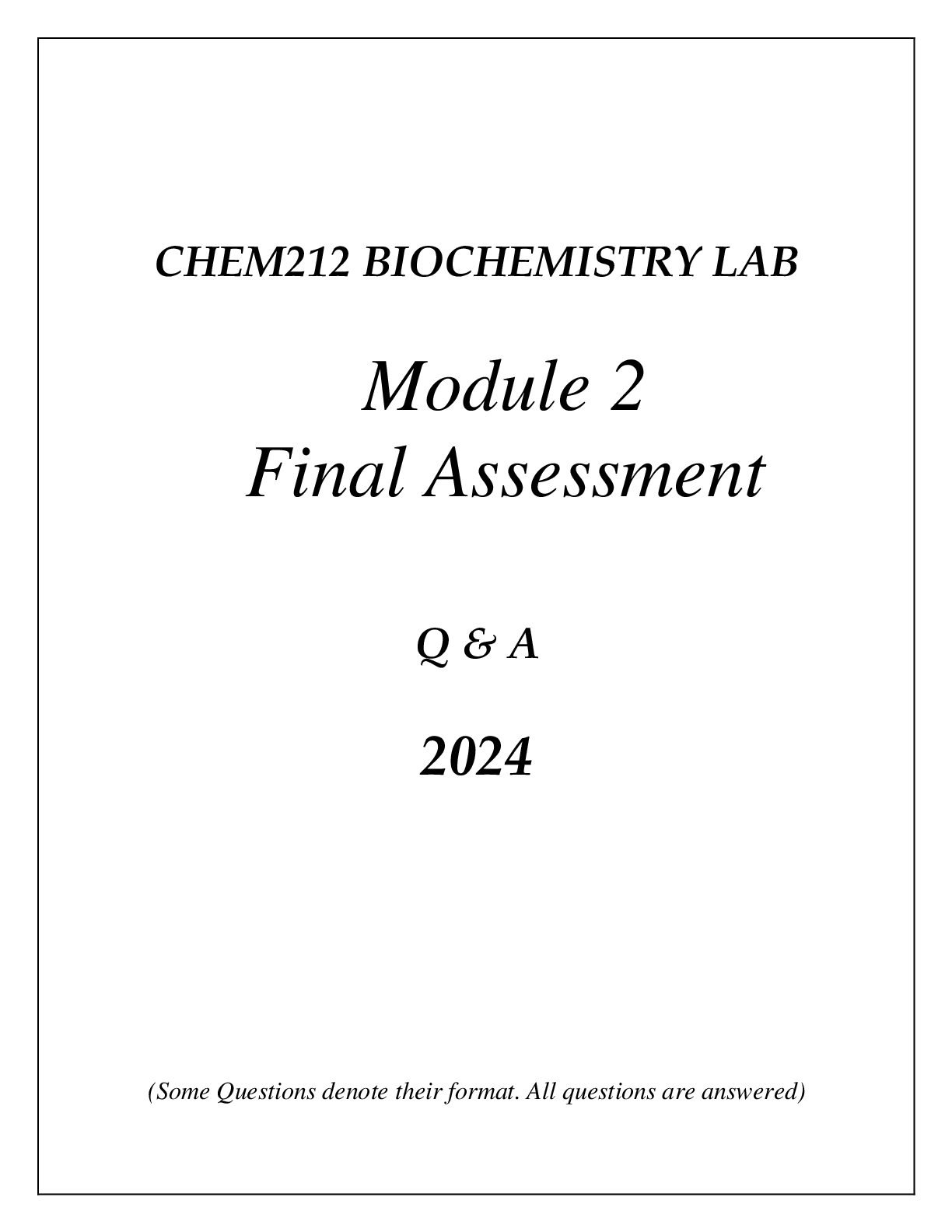
CHEM212 BIOCHEMISTRY LAB MODULE 2 BUFFER PREPERATION COMPREHENSIVE FINAL ASSESSMENT REVIEW Q & A 2024
$ 12
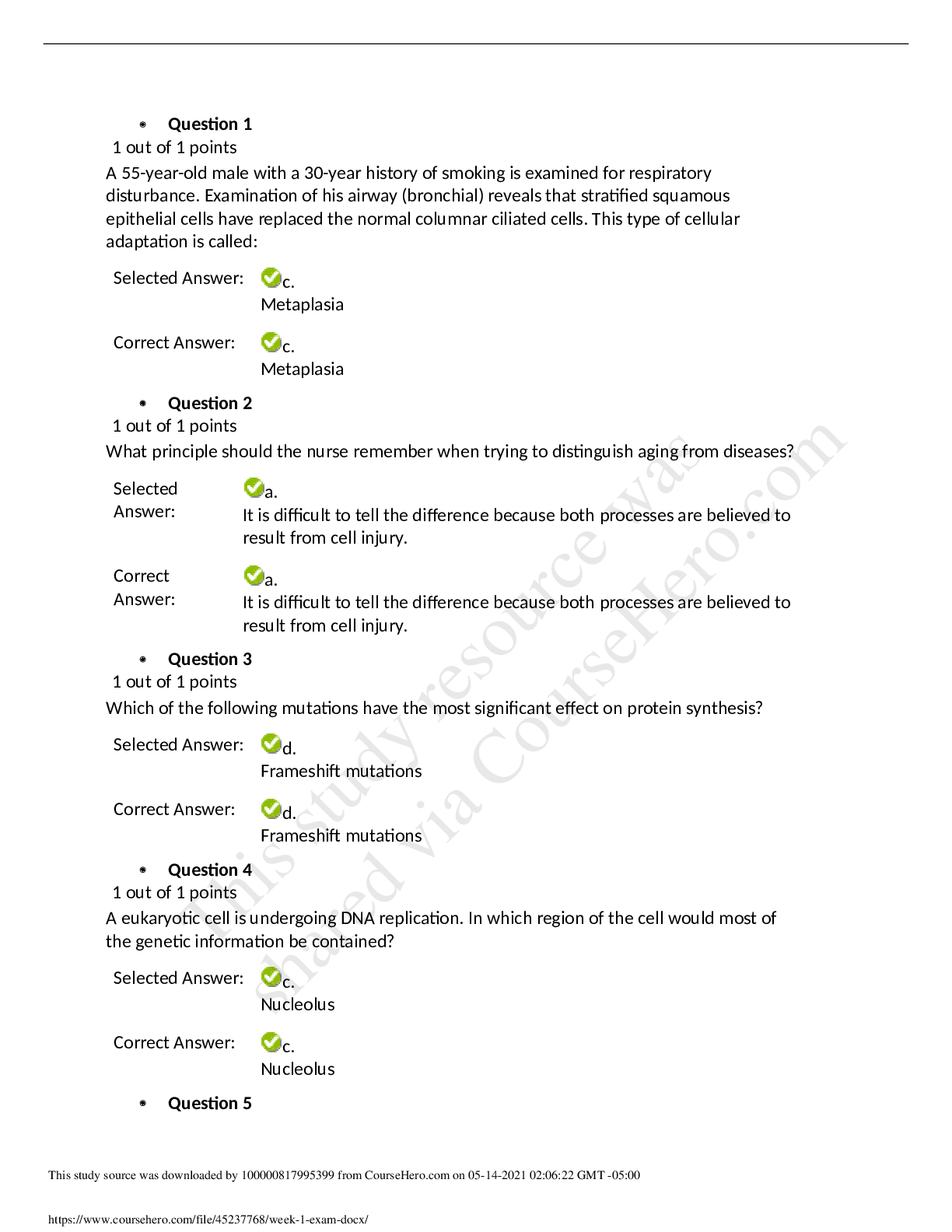
NURS 6501N Week 1 Quiz Graded with all answers correct (25 out of 25 points)
$ 9
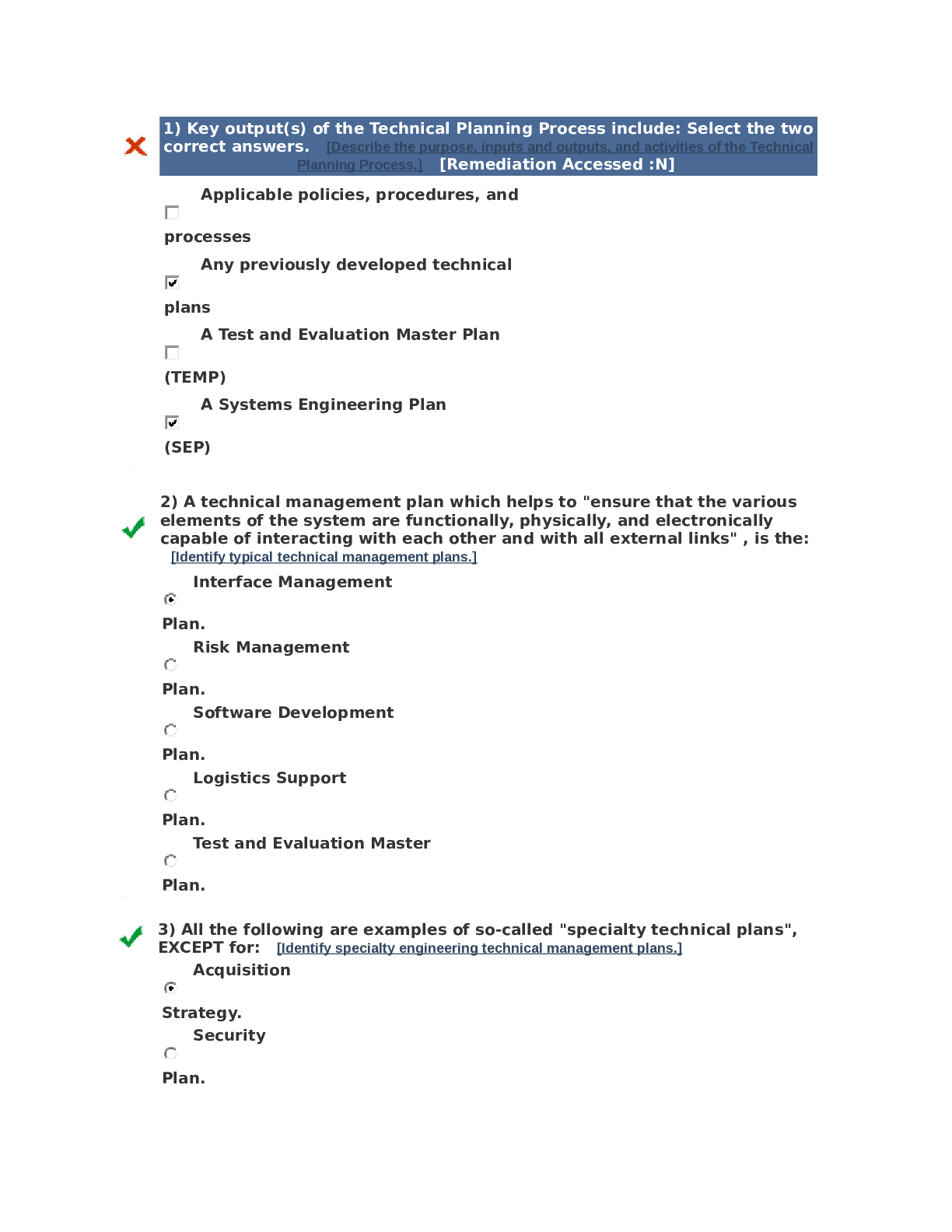
ENG 101 Module 3 Test With Questions And Answers
$ 15

NR 602 Womens health Study Questions and Answers Best 2020 All Correct Answers Graded A
$ 10.5

Career Explorations UNIT TEST (2) Questions and Answers 96%










